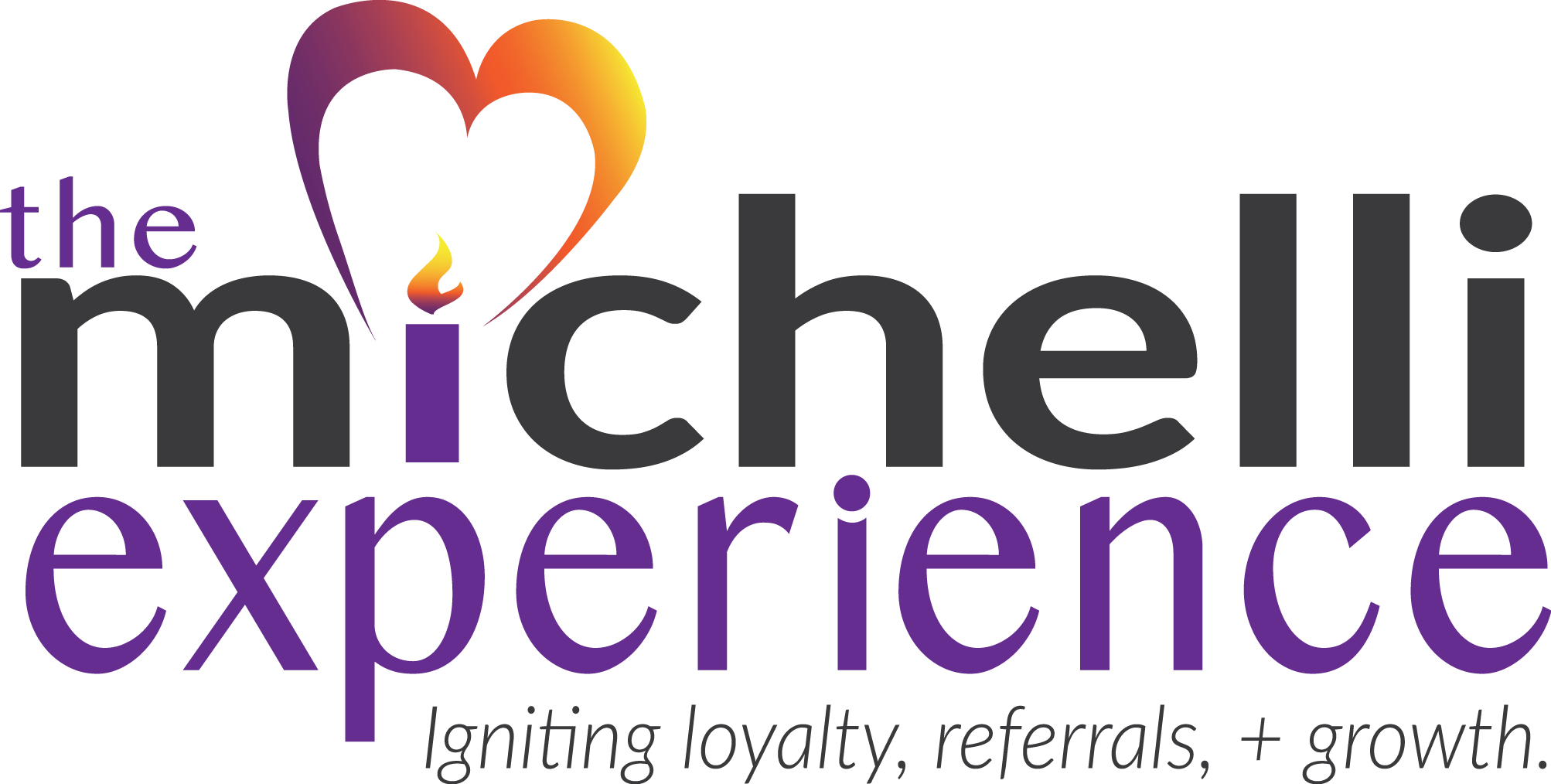In 1998 (in my book Humor, Play, and Laughter), I began talking and writing about the importance of “gratitude” for business and personal life. In fact, gratitude has long been one of 5 core values for my business (right alongside – “personalization, respect, humility, and succeeding together”). That said, I took notice when the esteemed Harvard Business Review (HBR) recommended the practice of “gratitude” as a “bona fide” leadership competency.
The HBR article, “How to Evaluate, Manage, and Strengthen Your Resilience”written by David Kopans the founder and CEO of PF Loop Inc. emphasized the value of gratitude in the context of “positive currency” and “bull markets”. By regularly assessing the things/events/people for which we are grateful, David essentially suggests we make deposits in an emotional account that protects us when stress levels escalate and life goes out of balance. We create a resiliency fund, if you will, to ward off a flood of work demands.
From a “bull market” perspective, David and the Harvard Business Review suggest that gratitude has an infectious (“I want to join in.”) power. In a nutshell, given the human propensity for reciprocity – gratitude begets gratitude.
For me, the benefits of gratitude are simple and less “financial sounding”. Those benefits occur across the gamut of customers, team members, and personal well-being. Here’s what I mean:
We are given the privilege of serving those who express interest in our business. Customers have unprecedented levels of choice and when they take the time to call, click, or walk into our business, we should take note of their choice and reflect our appreciation. Additionally, customers who feel authentic gratitude are more likely to remain loyal compared to those who feel we have taken them for granted.
Every person has a need to matter. Team members want to know that they are making a positive contribution. A common factor limiting employee engagement is a lack of rewards/recognition. Gratitude is the least expensive form of human recognition. It encapsulates, “I noticed. It was valued. Thank you!”
Happiness is a reflection of choice and behavior! While much research on happiness (scientifically referred to as subjective well-being) has looked at personality and genetic components of happiness as well as the impact of traumatic or exceptional life events, the bulk of what drives happiness is much more behavioral (e.g. giving to others or practicing gratitude). In a world where so many people “snipe” on social media – a grateful voice – not only stands out in the crowd but it helps insulate us and avoid the negativism and cynicism of that crowd.
I am grateful to you for taking the time to read and share this blog. I also encourage you (now backed up by the authority of the Harvard Business Review) to do something I wrote about in Humor, Play, and Laughter – that is to keep a JOY Journal. Better yet, keep the journal and express your gratitude to those who bring that joy into your business and personal life.

Joseph A. Michelli, Ph.D. is a professional speaker and chief experience officer at The Michelli Experience. A New York Times #1 bestselling author, Dr. Michelli and his team consult with some of the world’s best customer experience companies.
Follow on Twitter: @josephmichelli



